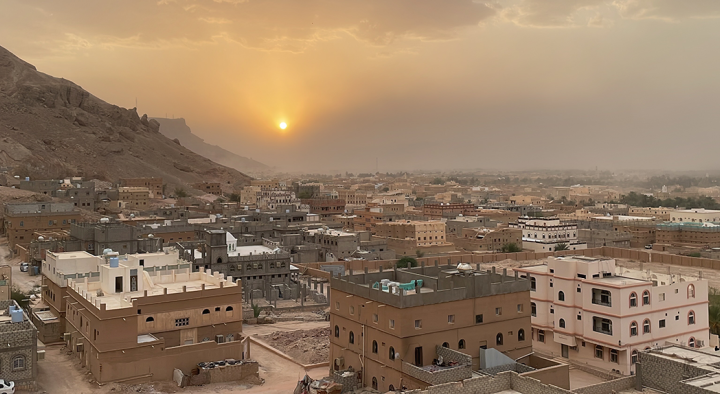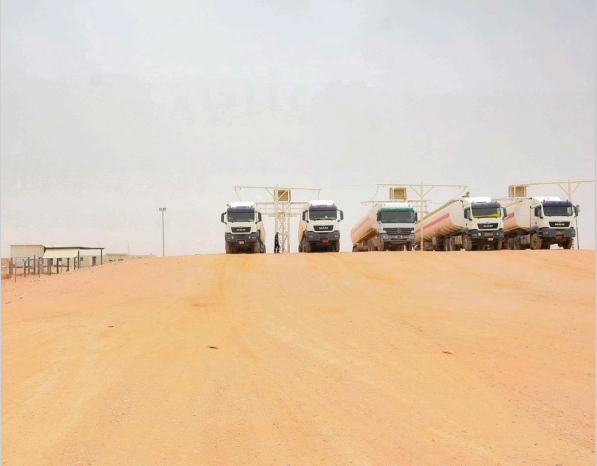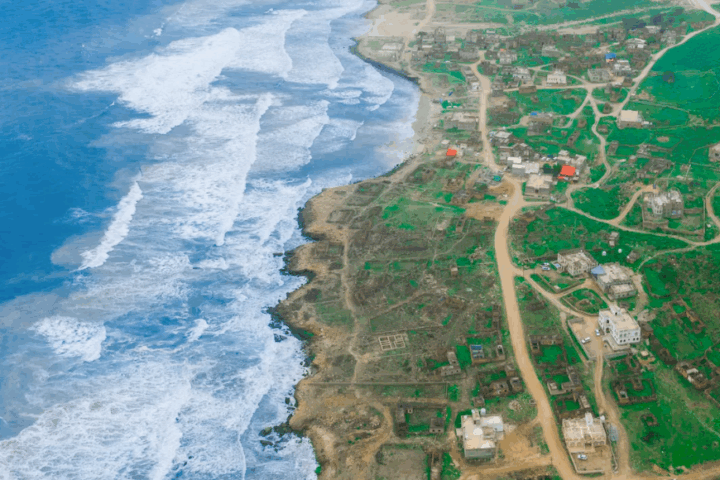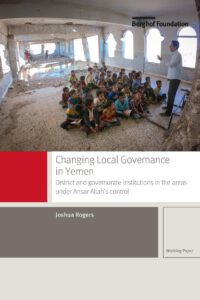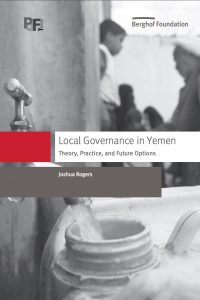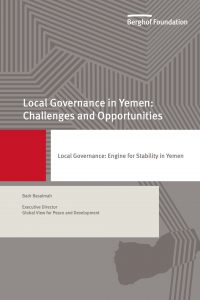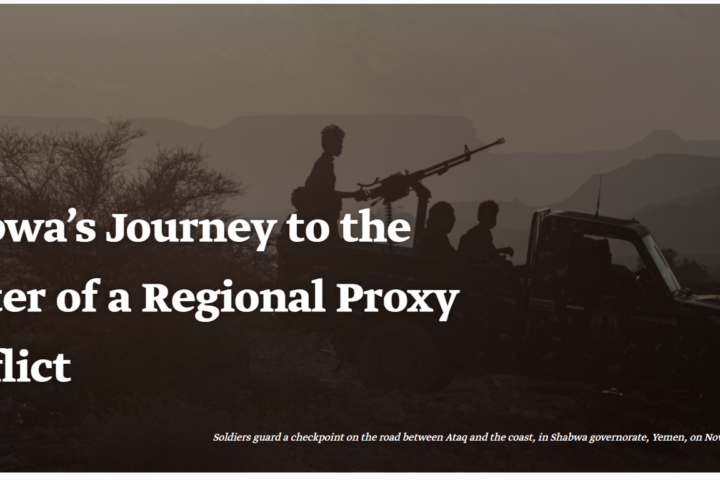
Short discussion of the situation in Shabwa governorate, focusing on the local balance of power, the role of Governor Mohammad Saleh bin Adio, and the positions of different external actors.
During the course of the ongoing conflict Shabwa has become a microcosm of regional proxy conflict in Yemen. The interests, agendas and struggles of outside powers intertwine in Shabwa, including the regional conflict between Iran and Saudi Arabia, behind-the-scenes influence operations involving Qatar and Oman, and even the battle for control in Yemen between two supposed allies, Saudi Arabia and the United Arab Emirates (UAE). No future for the South, or Yemen at large, can be conceived without taking into account the influence of Shabwa — and that requires understanding, channeling or even neutralizing when possible, the outside interests.
For Shabwanis, dealing with outsiders, their interests, and their various means of achieving them is nothing new. The area was part of the British-backed Federation of South Arabia before being forcibly incorporated into Soviet-backed Marxist South Yemen. Today, the main Western presence in the governorate comes in the form of international oil companies. Shabwa, as one of the three oil-rich “Black Triangle”’ governorates in Yemen along with Hadramawt and Marib, is home to the Balhaf liquified natural gas (LNG) export terminal, the country’s largest investment project.
Austrian OMV restarted production at Shabwa’s Habban oil field in 2018 while France’s Total and American Hunt Oil Company hold large stakes in the Balhaf export terminal, which ceased operating in 2015 and is currently a base for Emirati forces.
Other resources you may be interested in:
The Hadhramawt National Council: A strategic move or a tactical reaction?
Discussion of the HNC’s potential to serve as an inclusive platform for Hadhrami aspirations and its challenges in establishing a clear strategic direction, while analysing whether it represents a strategic initiative or a tactical response to regional and local dynamics. The paper recenters HNC’s main role as to unify various Hadhrami movements advocating for greater […]
Recovering Lost Ground in Shabwa’s Oil Sector
Policy brief highlighting the pivotal role of the governorate of Shabwah in Yemen’s oil sector. It criticises the predominant role of international oil companies and the central government in Shabwah’s oil sector, and proposes a localisation, including the establishment of a local oil refinery, to meet local demands and to become more sensitive to developmental, […]
Extreme Weather and the Role of Early Warning Systems in Yemen: Al-Mahra as a Case Study
Policy brief on the effects of extreme wheather events in Al Mahra, exploring the perception of Mahrawis on the impact of climate change on agriculture, infrastrucure and their personal lives. Recommendations include ways for local authorities to develop an emergency response strategy in order to improve their ability to deal with (the aftermaths of) extreme […]


